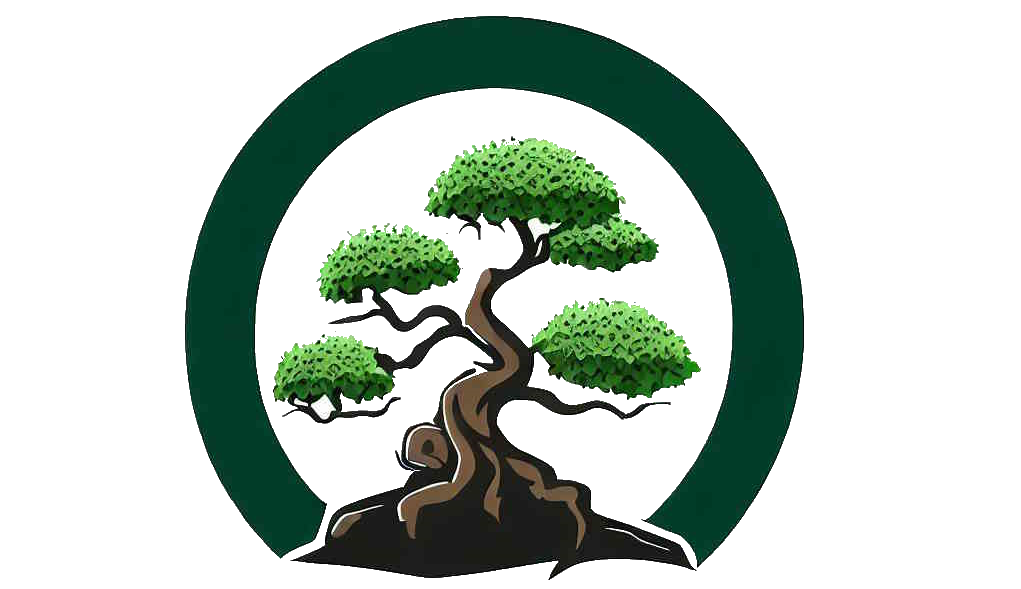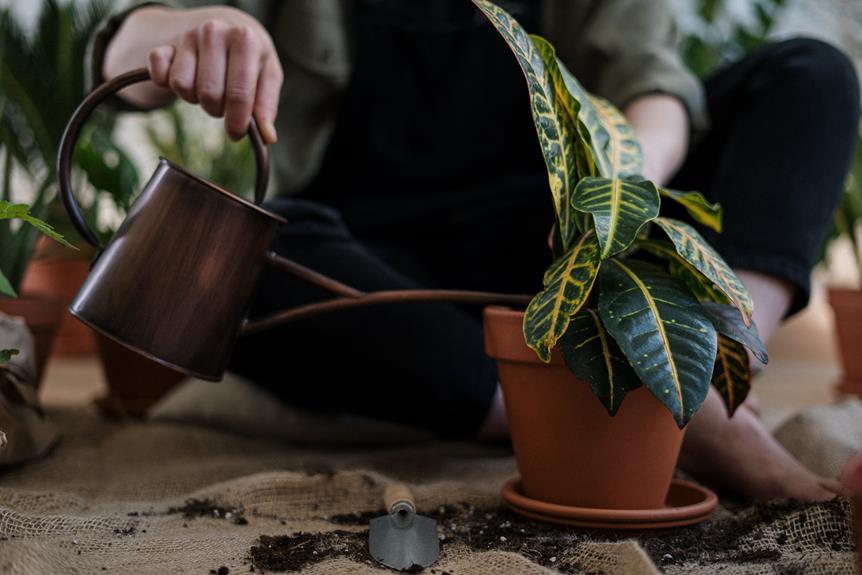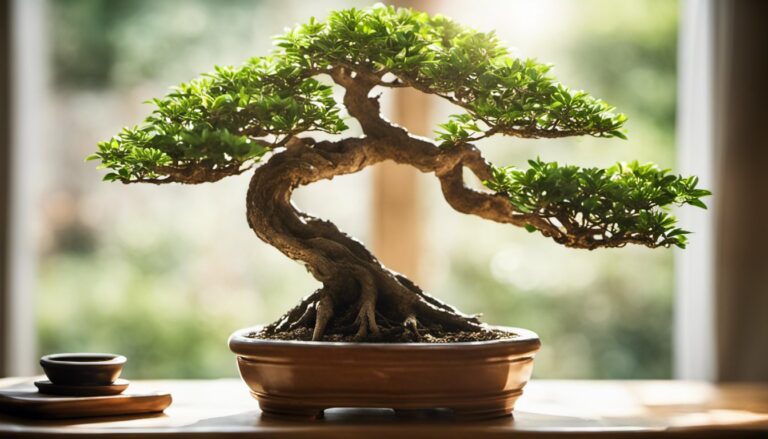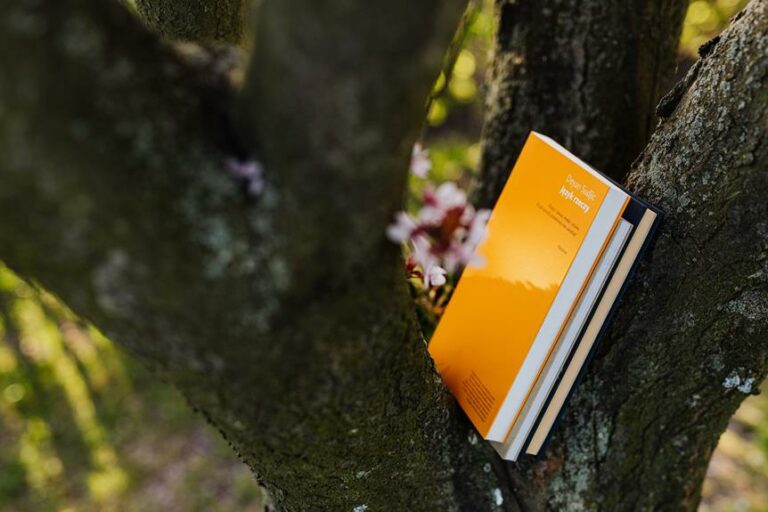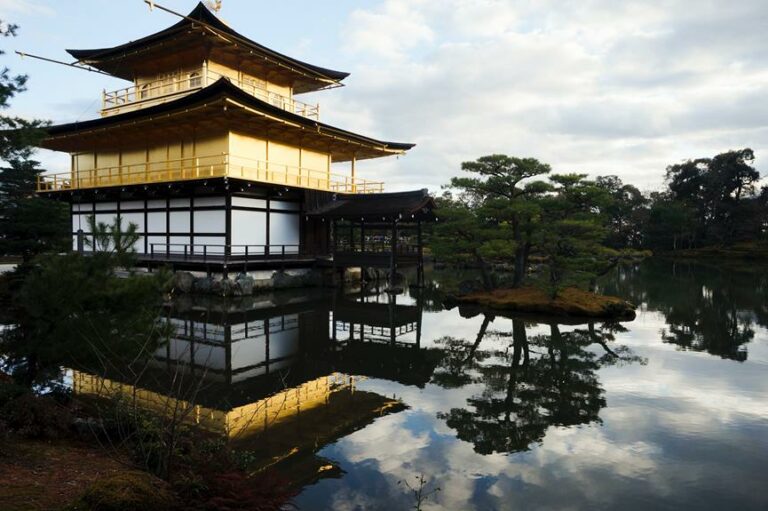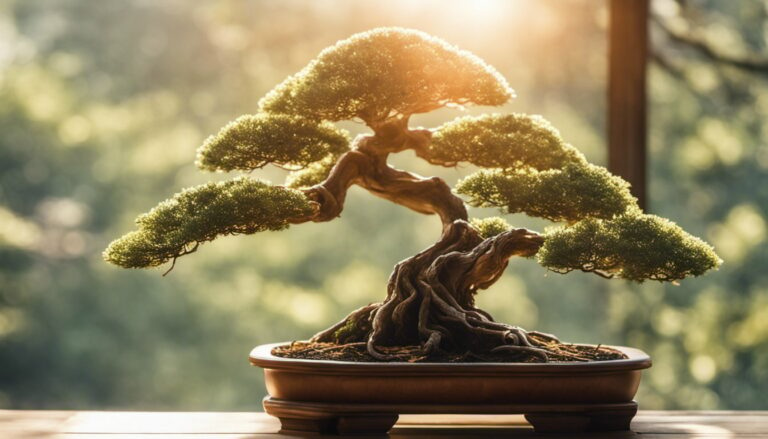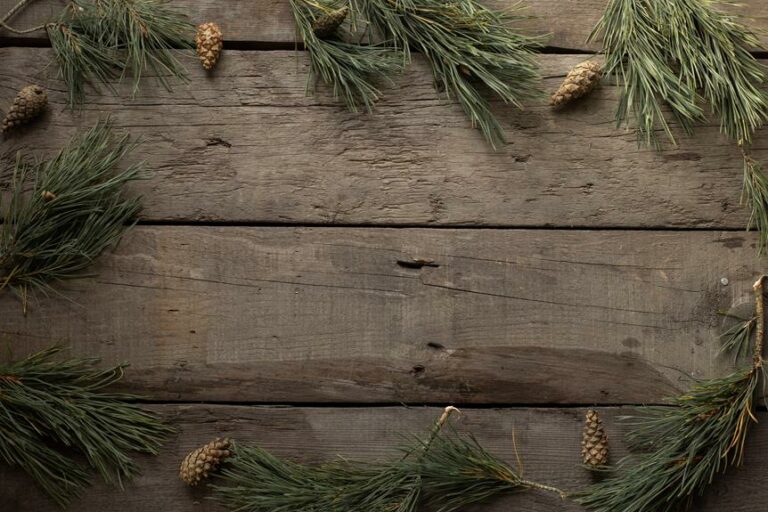Top Bonsai Potting Soil Revealed – A Gardener's Must-Have
Are you a bonsai enthusiast eager to enhance your tree cultivation? Look no further! This article uncovers the top bonsai potting soil options that are a must-have for every gardener.
The soil mix you choose plays a pivotal role in the health and growth of your bonsai trees. The right potting soil ensures proper aeration, moisture retention, and water flow.
In this guide, we will delve into the two main types of bonsai soil: organic and inorganic, highlighting their unique benefits. You'll also discover the essential requirements for bonsai potting soil, including good aeration, water retention, drainage, and optimal pH levels.
Stay tuned to find out which soil mixes are ideal for different bonsai tree species, helping you create the perfect environment for your cherished plants.
Key Takeaways
- Bonsai potting soil needs to have good aeration, moisture retention, and water flow.
- There are two main types of bonsai soil: organic and inorganic.
- Good aeration, water retention, and drainage are essential for bonsai tree health.
- The pH level of bonsai soil should be between 6.5 and 7.5 for optimal tree health.
Types of Bonsai Soil
When choosing bonsai soil, you have two main types to consider: organic and inorganic.
Organic soil is made up of materials like peat or leaf litter, while inorganic soil consists of rocks, clay, or akadama.
Organic soil provides nutrients and retains moisture well, making it suitable for bonsai trees that require a higher moisture content.
Inorganic soil, on the other hand, has better drainage and aeration, making it ideal for bonsai trees that prefer a drier environment.
Both types have their advantages and disadvantages, so it's important to consider the specific needs of your bonsai tree when selecting the right soil.
Remember that good soil is essential for the health and growth of your bonsai tree.
Essential Requirements for Bonsai Soil
To ensure optimal growth and health of your bonsai tree, it's crucial to meet the essential requirements for bonsai soil. Here are five key requirements you should keep in mind:
- Good aeration: Bonsai trees need access to air for their roots to breathe and process food.
- Water retention: Bonsai potting soil should retain enough moisture to prevent drying out between waterings.
- Drainage: It's important for bonsai soil to allow water to flow through easily, avoiding waterlogging and harmful salt buildup.
- Grit component: Bonsai soil should have a strong grit component to provide aeration, drainage, and water retention.
- Ideal pH level: The pH level of bonsai soil should be between 6.5 and 7.5 to ensure optimal tree health.
Meeting these requirements will create a suitable environment for your bonsai tree, promoting its overall health and growth.
Factors of Good Bonsai Potting Soil
Meeting the essential requirements for bonsai soil, you can ensure that your bonsai tree thrives by considering the factors of good bonsai potting soil. These factors include good aeration, water retention, and drainage.
Good aeration is crucial for root access to air, allowing the tree to process food efficiently. Additionally, bonsai potting soil should have good water retention to prevent drying out between watering. At the same time, it's important to have proper drainage to avoid waterlogging and harmful salt buildup.
A strong grit component in the soil is necessary to provide aeration, drainage, and water retention. Lastly, the pH level of bonsai soil should be between 6.5 and 7.5 for optimal tree health.
Recommended Organic Bonsai Soil Mixes
For the recommended organic bonsai soil mixes, consider incorporating Easternleafs' organic bonsai mix into your gardening routine. This organic bonsai mix is specially formulated to provide the perfect balance of aeration, moisture retention, and water flow for your bonsai trees.
Here are five key features of Easternleafs' organic bonsai mix:
- Contains a blend of high-quality organic materials such as sphagnum peat moss, coco coir, and aged bark, providing essential nutrients for your bonsai trees.
- Provides excellent drainage, preventing waterlogging and root rot, while still retaining enough moisture for the trees to thrive.
- Promotes root development and strong growth with its well-balanced composition.
- Enhances the overall health of your bonsai trees by maintaining optimal moisture levels and preventing soil compaction.
- Supports a wide range of bonsai tree species, making it versatile and suitable for various types of bonsai trees.
With Easternleafs' organic bonsai mix, you can ensure that your bonsai trees receive the best possible growing medium for their health and vitality.
Recommended Inorganic Bonsai Soil Mixes
If you're looking for the best inorganic bonsai soil mixes, Easternleafs offers a range of high-quality options.
One of their top recommendations is the Easternleafs inorganic bonsai mix. This mix is specially formulated with a balanced blend of rocks, clay, and other inorganic materials to provide excellent drainage, aeration, and moisture retention for your bonsai trees.
Another popular choice is the Easternleafs akadama bonsai soil mix. Akadama is a type of volcanic clay that's highly prized for its ability to retain moisture while still allowing for good drainage. This mix is ideal for trees that prefer slightly acidic soil.
Additionally, Easternleafs offers the akadama, pumice, and lava mix, which combines the benefits of all three materials to create a well-balanced soil mix for your bonsai trees.
With these high-quality inorganic soil mixes, you can ensure that your bonsai trees have the optimal growing conditions they need to thrive.
Other Considerations for Bonsai Soil
When choosing bonsai soil, consider the specific needs of your bonsai tree to ensure optimal growth and health. Other considerations for bonsai soil include:
- Nutrient requirements: Different bonsai trees have varying nutrient needs. Research the specific nutritional requirements of your tree species and choose a soil mix that can provide those nutrients.
- Watering frequency: Some bonsai trees require more frequent watering, while others prefer less water. Understand the watering needs of your tree and select a soil mix that can retain moisture without becoming waterlogged.
- Climate adaptation: Bonsai trees grown in different climates may have different soil requirements. Consider the climate conditions in your area and choose a soil mix that can adapt to those conditions.
- Root development: Bonsai soil should promote healthy root development. Look for a soil mix that allows roots to grow freely and spread out.
- Disease prevention: Certain soil mixes can be more resistant to fungal or bacterial diseases. Choose a soil mix that has good drainage and prevents the growth of harmful pathogens.
Considering these factors will help you select the right bonsai soil that meets the specific needs of your tree, ensuring its optimal growth and health.
Specific Soil Mixes for Different Bonsai Species
To create optimal growing conditions for your bonsai tree, you need to use specific soil mixes tailored to different bonsai species.
Different bonsai species have different requirements for soil composition, moisture retention, and drainage.
For deciduous tree bonsai, a mix of organic and inorganic soil is recommended. This mix provides good water retention while allowing for adequate drainage.
Coniferous tree bonsai, on the other hand, prefer a soil mix that's predominantly inorganic with a higher proportion of akadama. This type of soil mix promotes better aeration and drainage for coniferous trees.
Additionally, adding peat to bonsai potting soil can help retain moisture for trees that prefer a more humid environment.
It's important to consider the specific needs of your bonsai species when selecting the appropriate soil mix to ensure its health and growth.
Conclusion
In conclusion, choosing the right bonsai potting soil is essential for the healthy growth and development of your bonsai trees. Whether you opt for organic or inorganic soil, it's crucial to ensure good aeration, water retention, drainage, and the optimal pH level.
By using the recommended soil mixes for different bonsai species, you can create the perfect environment for your beloved trees. Remember to avoid poor quality soil and regularly change the soil to maintain the health of your bonsai trees.
Happy gardening!
